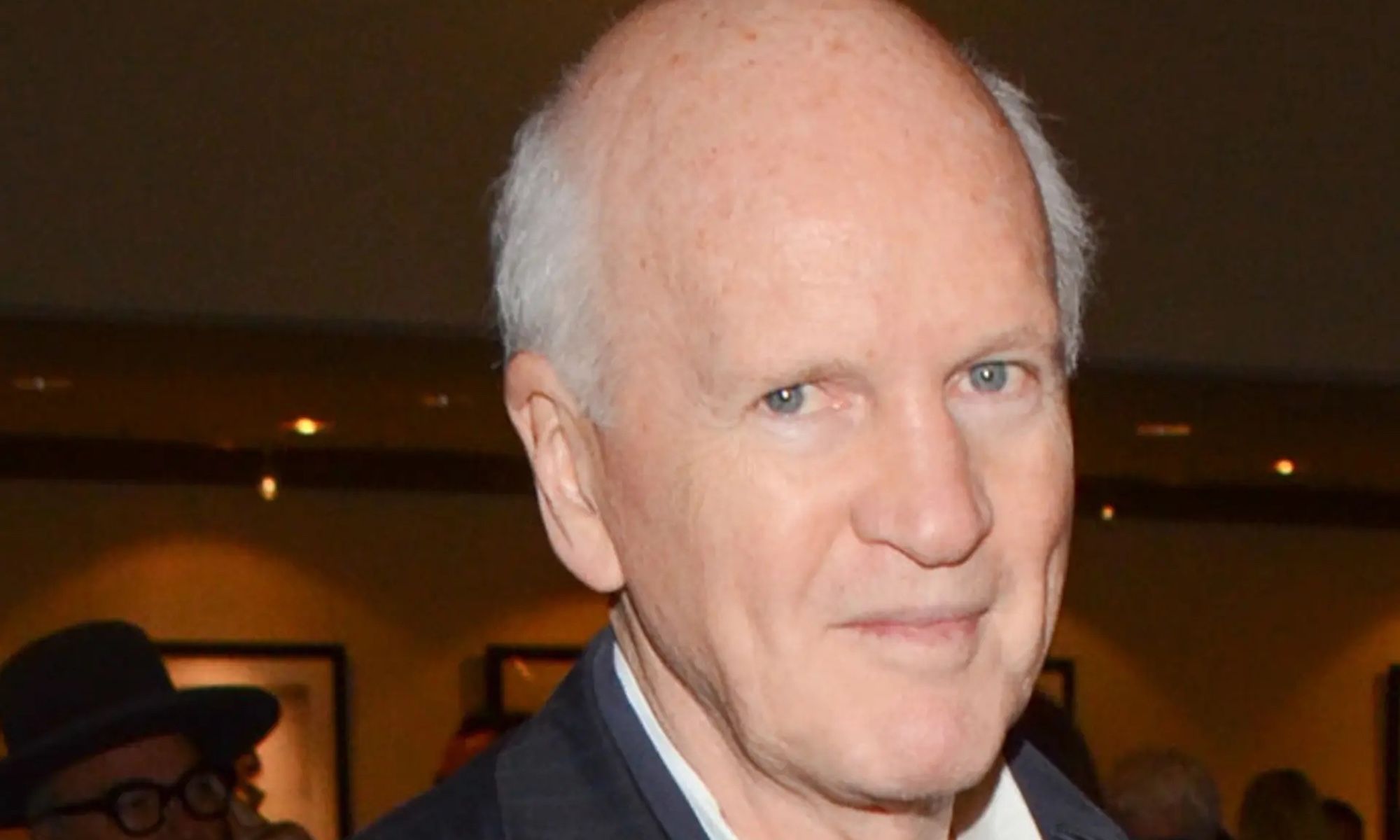Ace Gallery founder Douglas Chrismas
Photo by Tonya Wise/Invision/AP
A jury last Friday (31 May) convicted the notorious Los Angeles-based art dealer Douglas Chrismas of embezzling more than $260,000 from his gallery’s bankruptcy estate in the spring of 2016. The 80-year-old founder of Ace Gallery, a powerful presence in the West Coast art scene across five decades, is now facing up to 15 years in federal prison.
Chrismas first started dealing art as a teenager in Vancouver, Canada, during his summer vacations from school. He moved to California in the 1960s and, through his establishment and ambitious expansion of Ace Gallery, became an early champion of Minimalism, Light and Space and Land Art, giving early shows to such now-canonical artists as Richard Serra, Donald Judd, Michael Heizer and James Turrell.
Yet Chrismas and his gallery seemed almost perpetually embroiled in controversy. He had filed for bankruptcy numerous times by 2006, and by 2016 he had been a defendant in at least 55 lawsuits, including by artists alleging that their consigned works had been taken without pay, that their share of sales proceeds had been withheld or both. Chrismas pleaded no contest in 1986 to stealing seven works worth a combined $1.3m by Judd, Robert Rauschenberg, Frank Stella and Andy Warhol. In 2007, he sold a Roy Lichtenstein piece that had previously been smuggled into the US by a Brazilian money launderer, entangling him in a $1bn international art fraud scandal.
The road to Chrismas's embezzlement charges began in 2013, when Ace Gallery filed for Chapter 11 bankruptcy, a measure designed to protect distressed businesses in the US while they restructure their debts, assets and operations in hopes of re-emerging as going concerns. Chrismas nonetheless remained in control of the gallery until April 2016, when a missed payment in the bankruptcy settlement compelled the court to appoint an independent trustee to oversee the company's estate.
The trustee, the forensic accountant Sam Leslie, originally said he intended to keep Chrismas on to lead Ace's exhibition programme and sales efforts. But within one month, Leslie instead terminated Chrismas after discovering that millions of dollars had been diverted from the gallery to mysterious private accounts, and that dozens of works of art had been moved to private storage. Leslie eventually brought a civil lawsuit against Chrismas that resulted in a May 2022 court order demanding that the dealer repay $14.2m in sales proceeds to the gallery's creditors. To try to bridge the gap, hundreds of works of art and ephemera from Ace's remaining inventory were liquidated in an online auction last autumn.
While the civil lawsuit was playing out, however, the FBI arrested Chrismas in July 2021 on separate criminal charges that he had embezzled around $265,000 from Ace Gallery's bankruptcy estate just before his removal by Leslie. According to evidence presented at trial, Chrismas illegally funnelled the money to an entity called Ace Museum, a non-profit he controlled with the alleged aim of opening and operating a public institution of that name in the Mid-Wilshire district of Los Angeles.
Prosecutors brought three separate counts of embezzlement from a bankruptcy estate against Chrismas: the first stemming from his drawing a $50,000 check against the Ace Gallery estate and signing it over to Ace Museum; the second from rerouting $100,000 in sales proceeds owed to Ace Gallery by a third party who had purchased work from the dealership; and the third count from doing the same for $114,595 worth of art sales to another client. In all cases, prosecutors said, Chrismas paid the sums to the landlord of the property leased by Ace Museum to keep the latter current on its $225,000 monthly rent.
The jury found Chrismas guilty of all three counts of embezzlement after less than one hour of deliberation, according to The Los Angeles Times. His sentencing is scheduled for 9 September.

